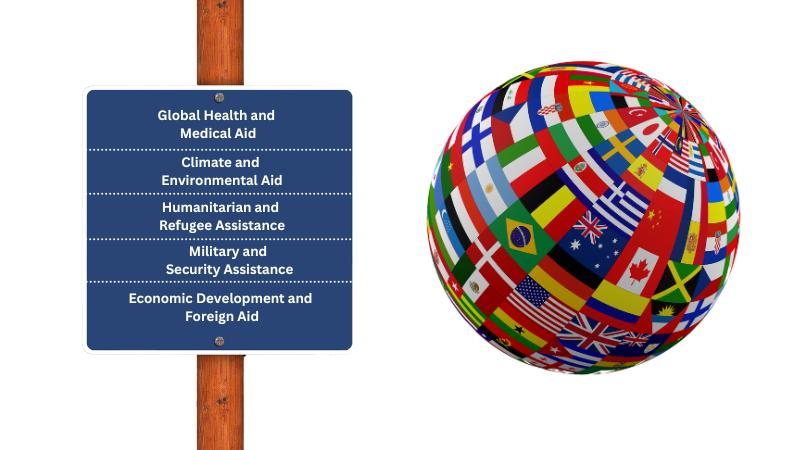
- greensea
- 09 Feb 2025 11:21 PM
- #Global News
Severity: 8192
Message: Return type of CI_Session_null_driver::open($save_path, $name) should either be compatible with SessionHandlerInterface::open(string $path, string $name): bool, or the #[\ReturnTypeWillChange] attribute should be used to temporarily suppress the notice
Filename: drivers/Session_null_driver.php
Line Number: 6
Backtrace:
File: /home/ipsit/public_html/application/controllers/Articles.php
Line: 31
Function: __construct
File: /home/ipsit/public_html/index.php
Line: 315
Function: require_once
Severity: 8192
Message: Return type of CI_Session_null_driver::close() should either be compatible with SessionHandlerInterface::close(): bool, or the #[\ReturnTypeWillChange] attribute should be used to temporarily suppress the notice
Filename: drivers/Session_null_driver.php
Line Number: 7
Backtrace:
File: /home/ipsit/public_html/application/controllers/Articles.php
Line: 31
Function: __construct
File: /home/ipsit/public_html/index.php
Line: 315
Function: require_once
Severity: 8192
Message: Return type of CI_Session_null_driver::read($session_id) should either be compatible with SessionHandlerInterface::read(string $id): string|false, or the #[\ReturnTypeWillChange] attribute should be used to temporarily suppress the notice
Filename: drivers/Session_null_driver.php
Line Number: 8
Backtrace:
File: /home/ipsit/public_html/application/controllers/Articles.php
Line: 31
Function: __construct
File: /home/ipsit/public_html/index.php
Line: 315
Function: require_once
Severity: 8192
Message: Return type of CI_Session_null_driver::write($session_id, $session_data) should either be compatible with SessionHandlerInterface::write(string $id, string $data): bool, or the #[\ReturnTypeWillChange] attribute should be used to temporarily suppress the notice
Filename: drivers/Session_null_driver.php
Line Number: 9
Backtrace:
File: /home/ipsit/public_html/application/controllers/Articles.php
Line: 31
Function: __construct
File: /home/ipsit/public_html/index.php
Line: 315
Function: require_once
Severity: 8192
Message: Return type of CI_Session_null_driver::destroy($session_id) should either be compatible with SessionHandlerInterface::destroy(string $id): bool, or the #[\ReturnTypeWillChange] attribute should be used to temporarily suppress the notice
Filename: drivers/Session_null_driver.php
Line Number: 10
Backtrace:
File: /home/ipsit/public_html/application/controllers/Articles.php
Line: 31
Function: __construct
File: /home/ipsit/public_html/index.php
Line: 315
Function: require_once
Severity: 8192
Message: Return type of CI_Session_null_driver::gc($maxlifetime) should either be compatible with SessionHandlerInterface::gc(int $max_lifetime): int|false, or the #[\ReturnTypeWillChange] attribute should be used to temporarily suppress the notice
Filename: drivers/Session_null_driver.php
Line Number: 11
Backtrace:
File: /home/ipsit/public_html/application/controllers/Articles.php
Line: 31
Function: __construct
File: /home/ipsit/public_html/index.php
Line: 315
Function: require_once
Severity: Warning
Message: ini_set(): Session ini settings cannot be changed after headers have already been sent
Filename: Session/Session.php
Line Number: 284
Backtrace:
File: /home/ipsit/public_html/application/controllers/Articles.php
Line: 31
Function: __construct
File: /home/ipsit/public_html/index.php
Line: 315
Function: require_once
Severity: Warning
Message: session_set_cookie_params(): Session cookie parameters cannot be changed after headers have already been sent
Filename: Session/Session.php
Line Number: 291
Backtrace:
File: /home/ipsit/public_html/application/controllers/Articles.php
Line: 31
Function: __construct
File: /home/ipsit/public_html/index.php
Line: 315
Function: require_once
Severity: Warning
Message: ini_set(): Session ini settings cannot be changed after headers have already been sent
Filename: Session/Session.php
Line Number: 306
Backtrace:
File: /home/ipsit/public_html/application/controllers/Articles.php
Line: 31
Function: __construct
File: /home/ipsit/public_html/index.php
Line: 315
Function: require_once
Severity: Warning
Message: ini_set(): Session ini settings cannot be changed after headers have already been sent
Filename: Session/Session.php
Line Number: 316
Backtrace:
File: /home/ipsit/public_html/application/controllers/Articles.php
Line: 31
Function: __construct
File: /home/ipsit/public_html/index.php
Line: 315
Function: require_once
Severity: Warning
Message: ini_set(): Session ini settings cannot be changed after headers have already been sent
Filename: Session/Session.php
Line Number: 317
Backtrace:
File: /home/ipsit/public_html/application/controllers/Articles.php
Line: 31
Function: __construct
File: /home/ipsit/public_html/index.php
Line: 315
Function: require_once
Severity: Warning
Message: ini_set(): Session ini settings cannot be changed after headers have already been sent
Filename: Session/Session.php
Line Number: 318
Backtrace:
File: /home/ipsit/public_html/application/controllers/Articles.php
Line: 31
Function: __construct
File: /home/ipsit/public_html/index.php
Line: 315
Function: require_once
Severity: Warning
Message: ini_set(): Session ini settings cannot be changed after headers have already been sent
Filename: Session/Session.php
Line Number: 319
Backtrace:
File: /home/ipsit/public_html/application/controllers/Articles.php
Line: 31
Function: __construct
File: /home/ipsit/public_html/index.php
Line: 315
Function: require_once
Severity: Warning
Message: ini_set(): Session ini settings cannot be changed after headers have already been sent
Filename: Session/Session.php
Line Number: 377
Backtrace:
File: /home/ipsit/public_html/application/controllers/Articles.php
Line: 31
Function: __construct
File: /home/ipsit/public_html/index.php
Line: 315
Function: require_once
Severity: Warning
Message: session_set_save_handler(): Session save handler cannot be changed after headers have already been sent
Filename: Session/Session.php
Line Number: 110
Backtrace:
File: /home/ipsit/public_html/application/controllers/Articles.php
Line: 31
Function: __construct
File: /home/ipsit/public_html/index.php
Line: 315
Function: require_once
Severity: Warning
Message: session_start(): Session cannot be started after headers have already been sent
Filename: Session/Session.php
Line Number: 143
Backtrace:
File: /home/ipsit/public_html/application/controllers/Articles.php
Line: 31
Function: __construct
File: /home/ipsit/public_html/index.php
Line: 315
Function: require_once

 Joyful
0%
Joyful
0%
 Cool
0%
Cool
0%
 Thrilled
0%
Thrilled
0%
 Upset
0%
Upset
0%
 Unhappy
0%
Unhappy
0%